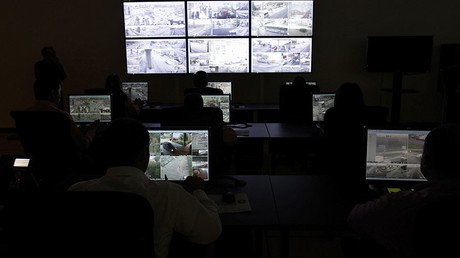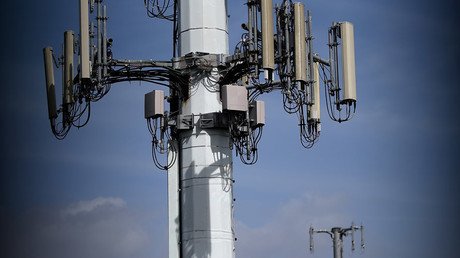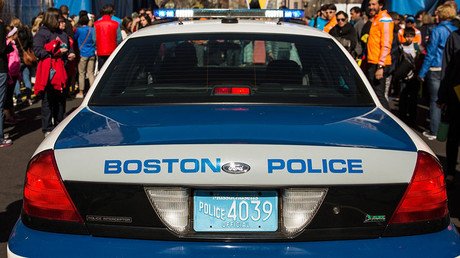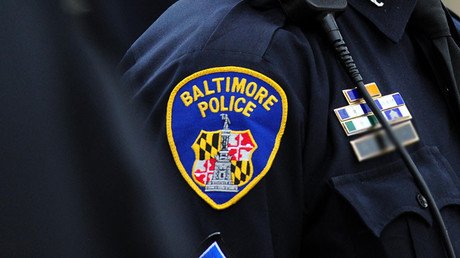Chicago PD sued over 'Stingray' surveillance of attorney, activists
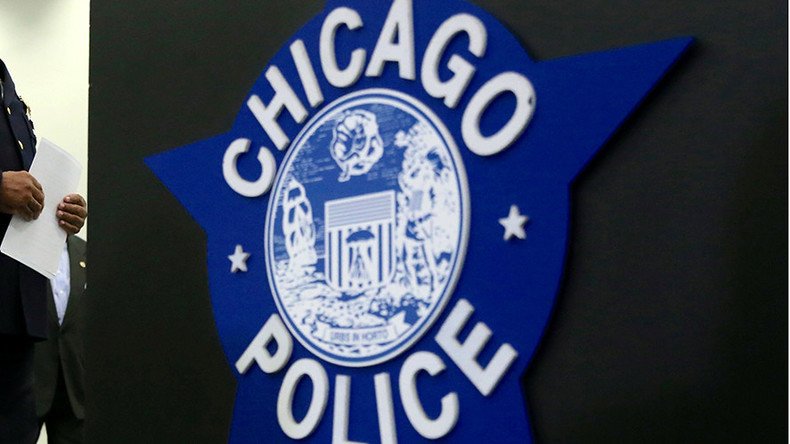
The Chicago Police Department used a cell-site simulator, or "Stingray" device, to surveil citizens and activists in 2015, amounting to a warrantless, unconstitutional search, a new federal lawsuit filed by a Chicago attorney has alleged.
Jerry Boyle, an attorney and legal observer with the National Lawyers Guild, filed the federal lawsuit on Thursday, naming as defendants the City of Chicago and various former and current officials with the Chicago Police Department.
The Harris Corporation’s "Stingray" is the most well-known brand of the controversial spying technology, used by the FBI, the Secret Service, the Drug Enforcement Agency and many state and local police agencies. By impersonating cell towers, the cell-site simulators compel phones in an area to broadcast information that can be used to identify and locate users. The devices are able to indiscriminately collect and intercept data, including the content of voice and text communications, from several of phones at once.
BREAKING: Federal suit challenges Chicago Police use of “stingray” spying devices https://t.co/IqV2t8RjOSpic.twitter.com/CsUjfLHnZS
— Loevy & Loevy (@LoevyAndLoevy) January 12, 2017
The surveillance in question took place on January 15, 2015, according to the lawsuit, when activists and residents took part in a protest and march in Chicago as part of an action dubbed "Reclaim Martin Luther King Jr. Day." Police brutality was one focus of the demonstration, according to reports.
The Chicago PD used a cell-site simulator to search his phone and those of "protesters, bystanders, and Chicago residents" at "approximately 8:00pm at the protest, near the 2200 block of West Ogden Avenue," Boyle alleged in the suit.
The Chicago PD "deployed the cell site simulator in the immediate vicinity of private homes, private offices, juvenile courts, medical facilities, and at least one church, as well as protesters engaging in protected political speech," according to the lawsuit. Police did so without a "warrant or probable cause to search and seize the private cell phones" of those in the vicinity, the suit claimed.
The lawsuit, which seeks class action status, said the surveillance of innocent citizens is a violation of the First and Fourth Amendments of the US Constitution.
"The people of Chicago should be able to exercise their First Amendment rights to freedom of speech, association, and assembly without being spied upon by police," Boyle said. "Government spying on its citizens without appropriate judicial oversight is inconsistent with the freedoms guaranteed by the Constitution."
It is unclear how Boyle knows of the Chicago PD's use of a cell-site simulator.
"The evidence regarding CPD's use at that event is something that will be disclosed during the litigation," Matt Topic, a attorney for Boyle, told Ars Technica.
The civil lawsuit may be the first in which a legal challenge to the use of a cell-site simulator does not come from a criminal defendant alleging unlawful deployment of the technology or a plaintiff seeking public records regarding simulator usage, according to one legal expert.
"Typically the posture is that some criminal defendant learns about the use of a stingray related to their criminal proceedings and there’s a challenge based on that," Brian Owsley, a former federal magistrate judge and current law professor at the University of North Texas, told Ars Technica.
"Boyle hasn’t been charged with anything and doesn’t appear likely that he’s going to be charged and still is coming in and asserting that his constitutional rights were violated. That’s really the unique part. That’s the atypical thing at a minimum."
Use of cell-site simulators is inherently unconstitutional, said Topic, Boyle's attorney.
"There is no dispute that even when CPD has a valid basis to track a legitimate suspect, the technology results in a search of every other phone in the area to find the suspect," Topic said, adding that the basic rights of "hundreds, if not thousands, of innocent bystanders" are violated "every time it is used."
